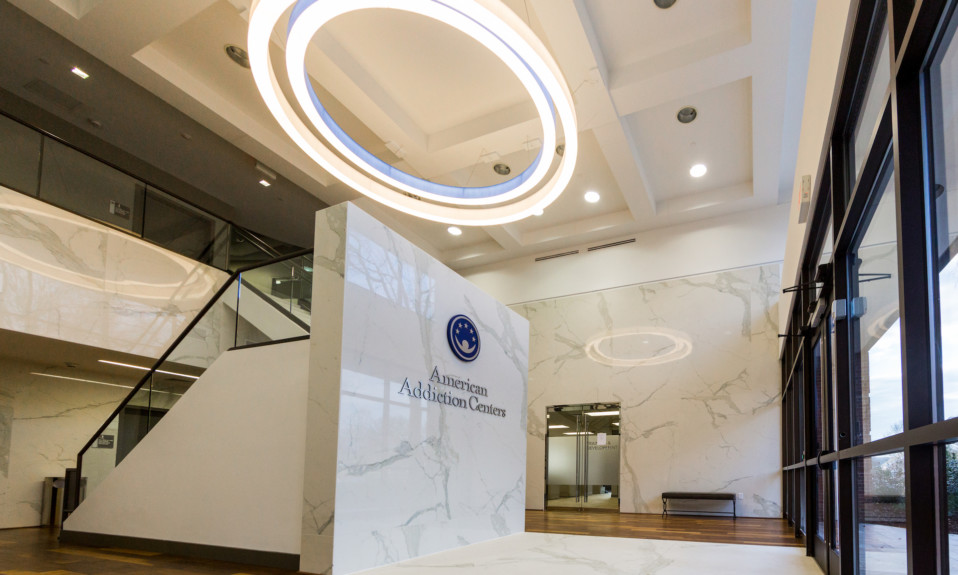| Addiction Treatment Industry Newswire |
 02/16/2013 -ATIN- Giving voice to what many in the drug rehab alcohol rehab addiction treatment field have been complaining about with increasing anger, one of the nation’s most prestigious prescription drug buying organizations has filed a suit seeking class action status that flat out accuses the maker of Suboxone of engaging in underhanded and deceptive practices the aim of which is to illegally gain monopoly control in the market for buprenorphine-based therapies for the treatment of opiate addiction. In an event never even remotely seen before in the very limited history of addictions pharmacology, Suboxone has achieved the highly coveted status of becoming a “blockbuster” drug, achieving at least $1BN in worldwide annual sales, according to the lawsuit, which was filed late last week against Suboxone manufacturer Reckitt Benckiser in Delaware federal court by Rochester Drug Co-Operative Inc. 02/16/2013 -ATIN- Giving voice to what many in the drug rehab alcohol rehab addiction treatment field have been complaining about with increasing anger, one of the nation’s most prestigious prescription drug buying organizations has filed a suit seeking class action status that flat out accuses the maker of Suboxone of engaging in underhanded and deceptive practices the aim of which is to illegally gain monopoly control in the market for buprenorphine-based therapies for the treatment of opiate addiction. In an event never even remotely seen before in the very limited history of addictions pharmacology, Suboxone has achieved the highly coveted status of becoming a “blockbuster” drug, achieving at least $1BN in worldwide annual sales, according to the lawsuit, which was filed late last week against Suboxone manufacturer Reckitt Benckiser in Delaware federal court by Rochester Drug Co-Operative Inc.
Billion Dollar Orphan Given that the key psychoactive component of Suboxone, buprenorphine, is a substance that has been around for decades and carries no patent protection whatsoever, Reckitt Benckiser’s initial dominance of the market was achieved through an FDA “orphan drug” designation, which gave patent-like protection for 7-yrs through 2009. To deserve such protection, it certainly can be said that Reckitt Benckiser – Suboxone is the only drug manufactured by the company, which is mostly famous for its household products like Lysol – invested outsized sums in bringing buprenorphine therapies to market. The decade long effort to get legislative and regulatory approval for the administration and distribution of buprenorphine therapies through MDs and their primary care practices was among the most expensive, grueling and byzantine in U.S. pharmaceutical history. However some of these huge regulatory costs were mitigated by the fact that the cost of researching and developing buprenorphine’s effectiveness in treating opioid addiction was primarily borne by the taxpayer through National Institutes of Health grants to Reckitt Benckiser. Far Beyond Usual Tricks F  Scheme to Monopolize Reckitt Benckiser ‘s very expensive decision to begin offering Suboxone as a “strip” – one that had no clinical justification but was allegedly done only and purposefully to extend market power – is at the center of the monopolistic ploy, according to the lawsuit. Suboxone was previously available in pill form only, but Reckitt Benckiser decided, just as its orphan protection was to expire, to phase out the pills and offer Suboxone exclusively as a “strip,” which appear and are ingested similarly as the new-fangled type of strip breath mints that  Prices Stubbornly High It is not just Rochester Co-Op that has been fuming at the Reckitt Benckiser’s tactics, but a whole range of interested parties, including addiction docs, treatment centers and recovering addicts themselves, who have been lighting up online message boards with pleas about generic price relief. To add insult to injury, Reckitt Benckiser is raising prices of the strips, which cost about $8 a piece, with annual costs for Suboxone maintenance easily surpassing $5K and no relief in sight without entrance into the market of generic competition, which Rochester Co-Op alleges are being purposefully squeezed from a potentially huge opportunity by Reckitt Benckiser’s illegal monopolistic ploys. POST YOUR COMMENTS BELOW..start a debate! GOT ADDICTION INDUSTRY NEWS? tell us… |












